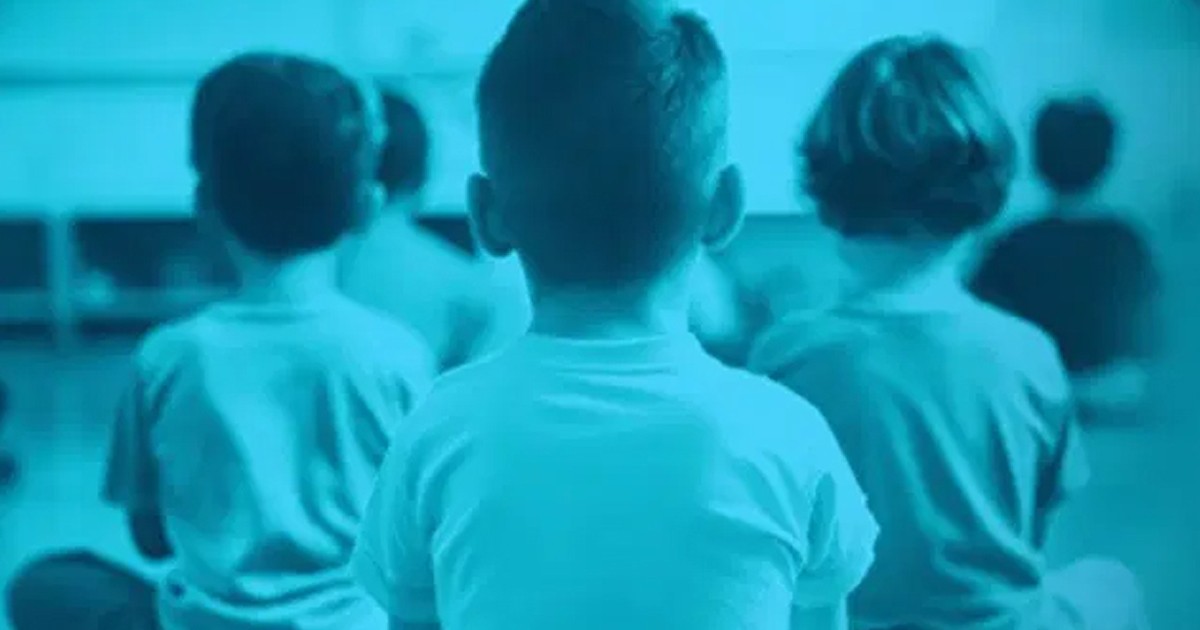Anyone who’s been involved in this work for even a short time knows how much I care about the world we’re creating together – and the impact of our efforts on the generations to come. I’ve always said our children are the seeds of the future, and it’s up to us to nurture them. To help them grow into their fullest potential. To encourage them to blossom – and thrive.
It’s been troubling to see statistics in recent years showing increased rates of stress, anxiety, depression, and suicide in children – even those as young as four years old. That’s just one of the reasons our longtime research partner, Bond University’s Peta Stapleton, PhD, asked me to collaborate with her on a study measuring the impacts of meditation on children in school.
Less than two years after conducting the study, our team published the results in a paper titled, “‘Let’s keep calm and breathe’ – A mindfulness meditation program in school and its effects on children’s behavior and emotional awareness: An Australian pilot study.”
The paper was accepted recently for publication in Psychology in the Schools, and you can find it in the Scientific Research section of my website. Dr Peta and I also are going to talk about the study in our next Dr Joe Live, which takes place August 1, 2024 – just two days from now – at 2 p.m. Pacific time.
In the meantime, I’m going to share just a few highlights with you.
The Largest Study on Meditation and Children to Date
First, I’ll outline how the study was structured. It took place over 10 weeks – from July to September 2022. Two groups of children in two different age groups participated. Group 1 included children aged 4-8 and comprised 552 students. Group 2 was for kids aged 9-11, and there were 287 students in that group.
That’s nearly 900 children in total – making this the largest study on meditation and children ever conducted.
Working with the research team, I created five meditations tailored for the two groups – along with brief explanations for each to help the children understand what they were doing and why. There were two versions of each meditation, with variations in length appropriate for the age level of each group. The general topics for each of the five meditations were:
- Weeks 1 and 2: Breath, introducing the kids to mindful breathing; recognizing bodily sensations; and teaching them how to take slower, deeper, more relaxing breaths to regulate their nervous systems.
- Weeks 3 and 4: Affirmations, encouraging belief in oneself – and practicing kindness toward self and others. This included repeating statements such as, “I am a good learner,” “I have a great brain,” and “I like myself.”
- Weeks 5 and 6: Heart-Centered Coherence, teaching them to become aware of different emotions and how they feel in the body – and to practice elevated emotions like gratitude, kindness, and love.
- Weeks 7 and 8: Changing Focus, guiding the children as they learn to practice going from a narrow focus to broadening their attention on space; encouraging them to keep an open mind and be non‐judgmental.
- Weeks 9 and 10: The “Change Game,” teaching them how to manage difficult emotions in challenging situations. In this meditation, children are taught that it’s OK to feel their emotions – and, most important, that they can change those emotions by inserting cues that help them develop conscious control. Working with prompts like, “What are you going to do if you feel angry about something? Sometimes it’s okay to feel upset for a moment, but what do you do?” the children are taught to respond, “Change.” This is beneficial to developing emotional intelligence.
Over the 10 weeks of the study, the two groups of kids did their meditations every morning at the start of each school day. They practiced the same meditation every day for two weeks, then switched to the next meditation for two weeks, and so on – until they had practiced all five meditations for two weeks each. The meditations we created for the younger children were five minutes long, and those for the older kids were approximately 15 minutes long.
As the study progressed, children and their teachers provided feedback in questionnaires and surveys to determine what impact the meditations were having on their emotions and behavior.
Increased Happiness + Self-Regulation = Decreased Difficulties
The study showed that just a few minutes of daily meditation led to:
- An increase in happiness and school performance for 4-8-year-olds.
- An increase in emotional awareness in 9-11-year-olds.
- Enhanced self-regulation in all primary school children.
- A decrease in emotional and behavioral difficulties for both age groups.

